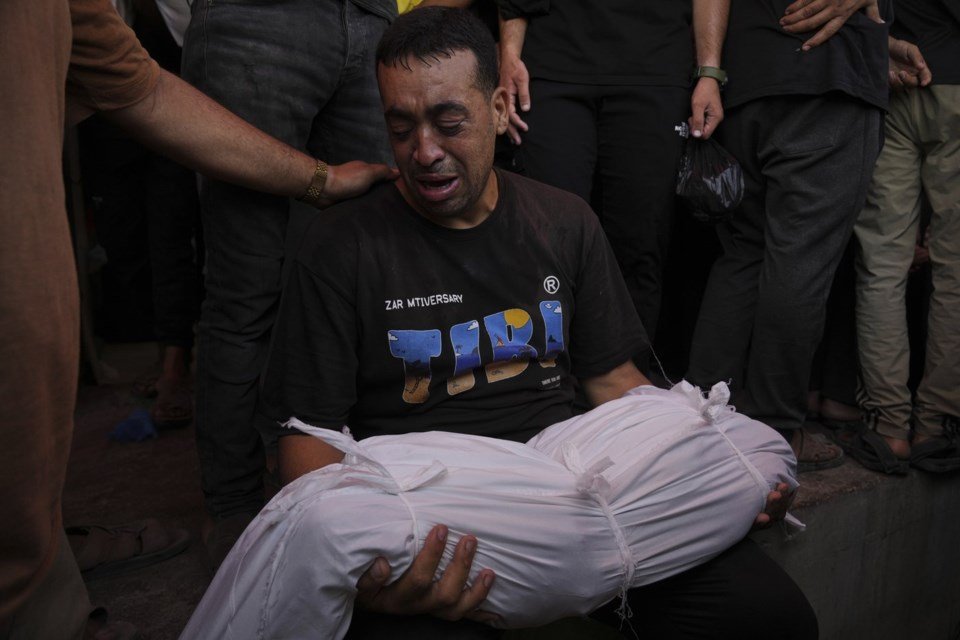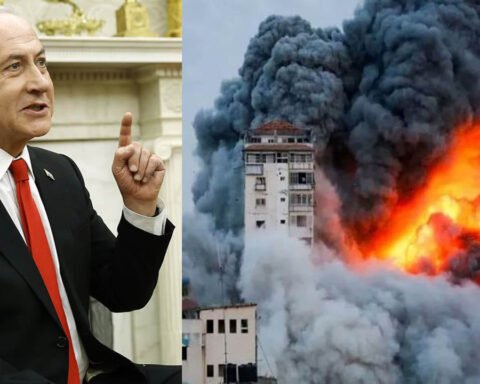Amid the rubble and heartbreak in Gaza, a fragile signal of hope has surfaced. The Palestinian group Hamas has said it is willing to consider a ceasefire with Israel, but it firmly opposes the latest plan introduced by former U.S. President Donald Trump.
Trump’s proposal includes a 60-day truce, during which both parties would pause hostilities, exchange prisoners, and begin broader peace negotiations. He has called on Hamas to act swiftly, warning that continued resistance would only worsen the already catastrophic situation in the occupied territory (source).
But Hamas insists that any meaningful agreement must ensure a permanent end to Israeli aggression, the complete withdrawal of Israeli forces from Gaza, and an end to the blockade, now in its 17th year. For the group, temporary truces that don’t address the root causes of the conflict are not acceptable.
On the Israeli side, Prime Minister Benjamin Netanyahu has made it clear: no long-term truce will be considered unless Hamas is entirely dismantled. “There will be no Hamas at the end of this war,” he said, reiterating Israel’s focus on total military victory, not negotiation (learn more).
Since war erupted in October 2023, tens of thousands have died. Reports estimate more than 57,000 Palestinians and over 1,700 Israelis have lost their lives, with entire neighborhoods in Gaza destroyed and humanitarian conditions reaching breaking point.
The United Nations has warned that nearly 80% of Gaza’s 2.3 million residents are now internally displaced. Access to clean water, food, and medical care has collapsed under repeated bombardments and limited international aid
Also Read; Iran Demands Safety Before U.S. Talks Resume
Despite these dire conditions, hardliners in both camps remain entrenched. In Israel, right-wing politician.s have vowed to oppose any agreement that doesn’t guarantee Hamas’s destruction. In Gaza, Hamas remains committed to what it calls a “resistance struggle” until Palestinian sovereignty is recognized.
Internationally, the pressure is mounting. Egypt and Qatar are mediating behind closed doors in Cairo, while Trump’s initiative—though controversial—is being watched closely by other world powers. The European Union, Russia, and the Arab League have all urged restraint and called for the protection of civilians.
For many Gazans, however, diplomacy feels distant.
Fatima, a mother of four sheltering in Rafah, summed up the mood on the ground: “They talk of truce while we sleep on rubble. We don’t care who signs what—we just want the bombing to stop.”
Still, even a temporary pause could open humanitarian corridors for aid, allow the delivery of medical supplies, and offer brief relief to exhausted families. Humanitarian groups, including the International Red Cross, are preparing to scale up support if a ceasefire window opens.
But time is slipping away. Analysts warn that without bold compromise, the region risks plunging deeper into chaos, with wider consequences for the Middle East and beyond.







